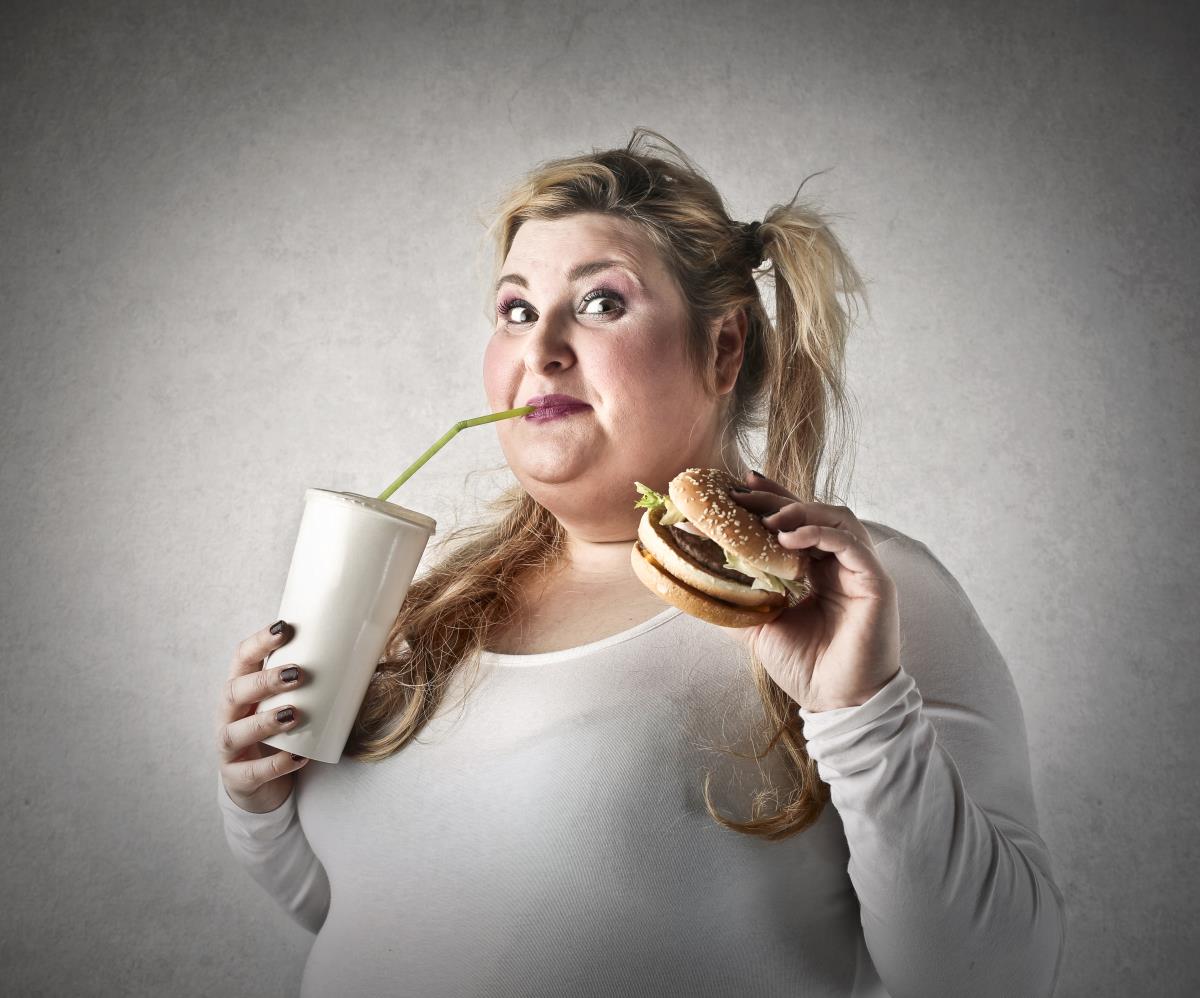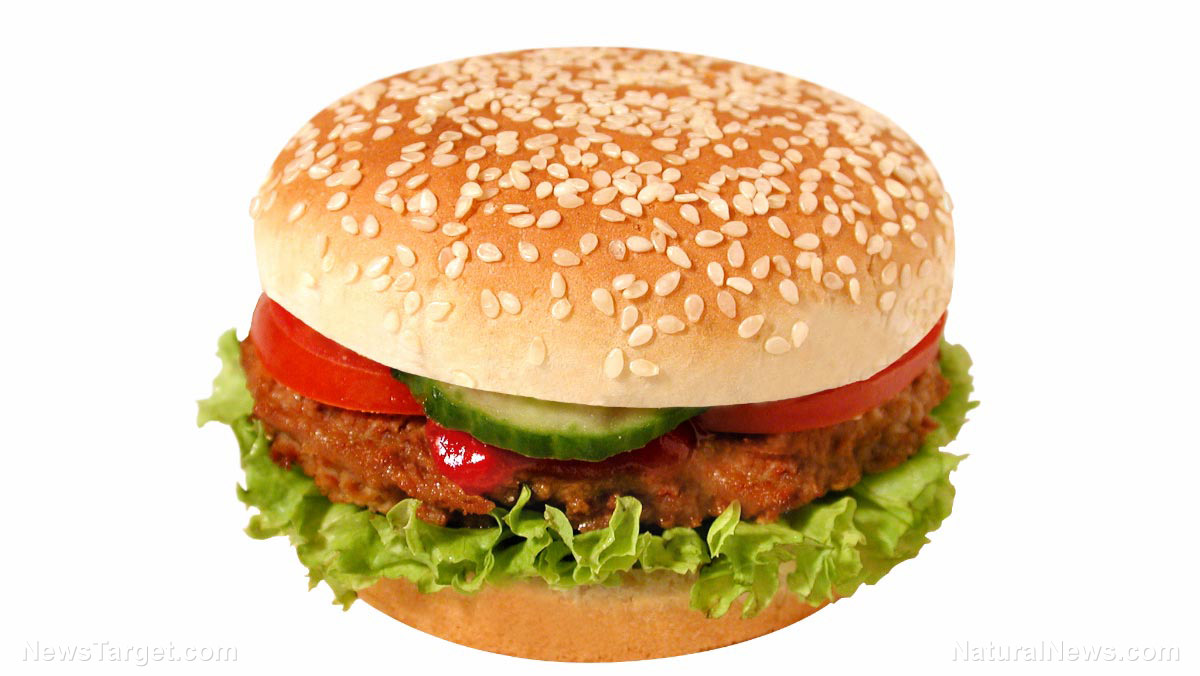
Advertisement
Nearly 1.7 million “new cancer cases” will be diagnosed this year in America, according to estimates from the American Cancer Society. If that isn’t unsettling enough, the World Health Organization (WHO) predicts cancer rates will skyrocket over the next 20 years. The organization has hypothesized that global cancer incidence will rise by about 70 percent! But, there is some good news. Research has shown that the genetic link to cancer is less common than you might think. Only about 5 percent of cancers are caused by hereditary factors.
This means that you have the opportunity to make positive lifestyle choices to help reduce your cancer risks. Not smoking, exercising daily, eating more organic fruits and vegetables, cutting back sugar and alcohol are all great examples. These changes will keep you healthier, and may also lower your cancer risk. You can also be proactive about avoiding certain common foods with particularly toxic ingredients. Here are the top seven foods to avoid, if you want to reduce your cancer risks.
1. Processed Meat
Your local grocery store is filled to the brim with bacon, lunch meats, hot dogs and sausages. Processed meats such as these are often filled with sodium nitrate, salts, curing agents and preservatives. The International Agency for Research on Cancer (IARC) classifies processed meat as carcinogenic to humans. The IARC research concluded that processed meat is carcinogenic.
2. Refined Sugar and Sodas
Today, sugar’s many forms are now recognized as creating insulin spikes and leading to excess body fat — which is a risk factor for type 2 diabetes and many types of cancer. New research = has also demonstrated a correlation between sugar and the development and metastasis of breast cancer in animal models. Sugar’s dangers are highlighted in this talk by Dr. Robert H. Lustig, MD, UCSF Professor of Pediatrics in the Division of Endocrinology.

3. GMOs
Genetically modified organisms (GMOs) are increasingly prevalent in our food supply. The first GMO long term feeding study was done by the Seralini Group in 2012. The animals experienced kidney and liver failure, premature death and in the female rats, there was an increased incidence of mammary tumors.
4. Microwave Popcorn
There is a toxic chemical called perfluorooctanoic acid (PFOA) included in the lining of bags used in microwaves. As Anonhq.com reports, PFOA causes ” liver, testicular, and pancreatic tumors in rats.” PFOA is also found in drinking water and has been linked to kidney and testicular cancer in humans.
5. Farmed Salmon
Don’t let that pink color fool you. Those large fish ponds can contain artificial colors, antibiotics and fungicides. Farmed salmon, unlike wild Pacific salmon have elevated levels of chemicals that can increase cancer risk – pesticides, dioxin and PCBs.
6. Hydrogenated Oils
This is another name for trans fats, which have been linked to several serious health conditions, such as strokes, breast cancer and diabetes. Recognition of this danger has prompted food manufacturers to remove trans fats from a variety of food products, but not all. Trans fats can still be found in fried foots, vegetable oils, many types of premade baked goods and margarines.
7. Packaged Foods
As reported by Breastcancerfund.org, Bisphenol A (BPA) is a very common chemical known for being an endocrine-disrupting agent. It’s used in plastics, epoxy, compact discs and thermal receipts. BPA is also often found in the lining of food cans. It acts as a synthetic estrogen and even miniscule amounts are linked to an increased risk for cancer, infertility, early puberty, metabolic disorders and even type-2 diabetes. The FDA banned BPA from infant formula bottles.
Sources:
Submit a correction >>
This article may contain statements that reflect the opinion of the author
Advertisement
Advertisements















